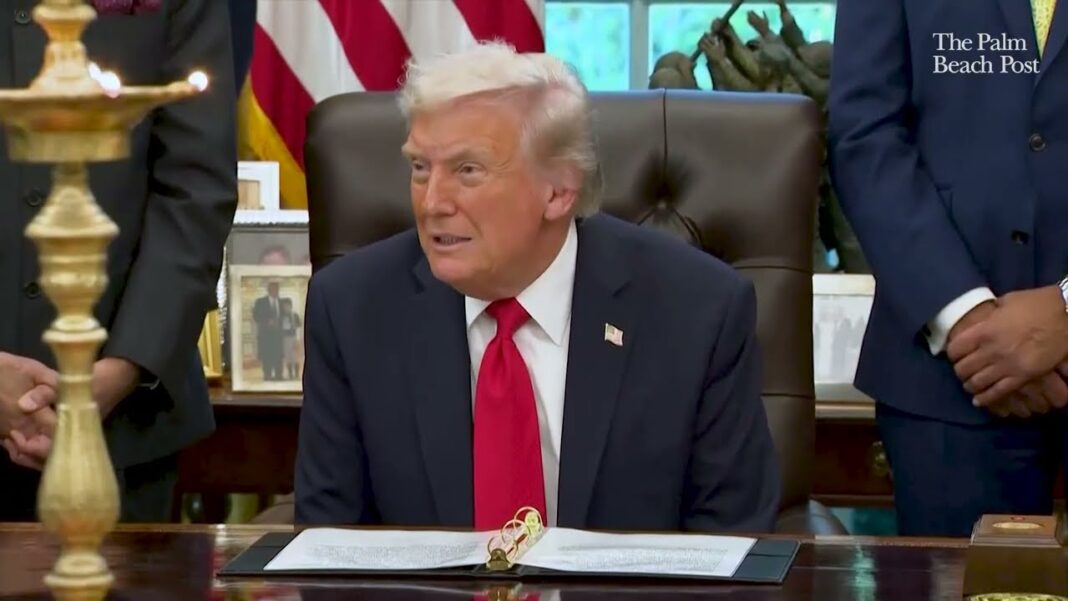Health Secretary Robert F. Kennedy Jr. has praised states for taking action against additives.
PepsiCo and other large food and drink manufacturers on Oct. 21 launched a new coalition that is calling for national standards on food ingredient safety and labeling, rather than the current state-by-state “patchwork” of regulation.
“The group has committed the necessary resources to effectively advocate for federal legislation that ushers in one national standard for ingredient transparency that applies consistent, science- and risk-based principles to give Americans everywhere confidence in the safety of their foods, beverages, and personal care products,” Americans for Ingredient Transparency said in a statement.
“In the absence of a national standard on ingredient transparency, many states are moving independently to enact state-specific transparency laws. But these well-intentioned efforts are creating an ever-expanding patchwork of disjointed food, beverage, and personal care regulations that are increasing confusion, rather than providing Americans with the clarity they deserve.”
The coalition is backed by corporations including General Mills, Kraft Heinz, Nestle, PepsiCo, and Tyson Foods, as well as organizations such as the American Beverage Association and the National Association of Manufacturers.
Some states have, in recent months, approved tighter restrictions on what ingredients are allowed in foods and drinks, with the support of Health Secretary Robert F. Kennedy Jr.
Texas, for example, in August approved a bill that requires a warning label disclosing certain ingredients and legislation that prohibits schools that participate in national school lunch programs from serving foods and drinks with additives such as titanium dioxide. Kennedy sat beside Texas Gov. Greg Abbott when he signed the bills.
He was also there in the spring when West Virginia Gov. Patrick Morrisey signed a measure that banned seven artificial dyes and several chemical preservatives from school lunches. From Jan. 1, 2028, dyes are banned from being included in any products sold in the state.
Kennedy said at the briefing that he had met with manufacturers and they told him, “tell us what you want, we’re going to do it … but stop these governors from passing these laws, because we don’t want a patchwork where West Virginia and California are banning food dyes and we have to make special products for those states.”
In a video, Americans for Ingredient Transparency said that Americans want safe food and drinks, but that the “patchwork of state laws creates confusion for consumers and limits our choices” in addition to raising costs and burdening small businesses. A national standard for safety and labeling would fix that, it said.







